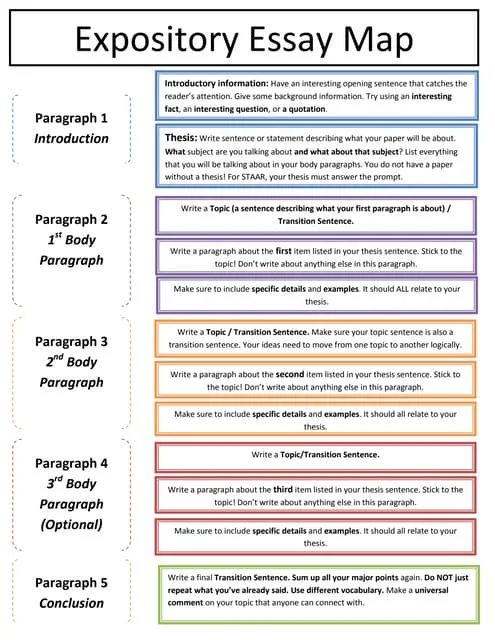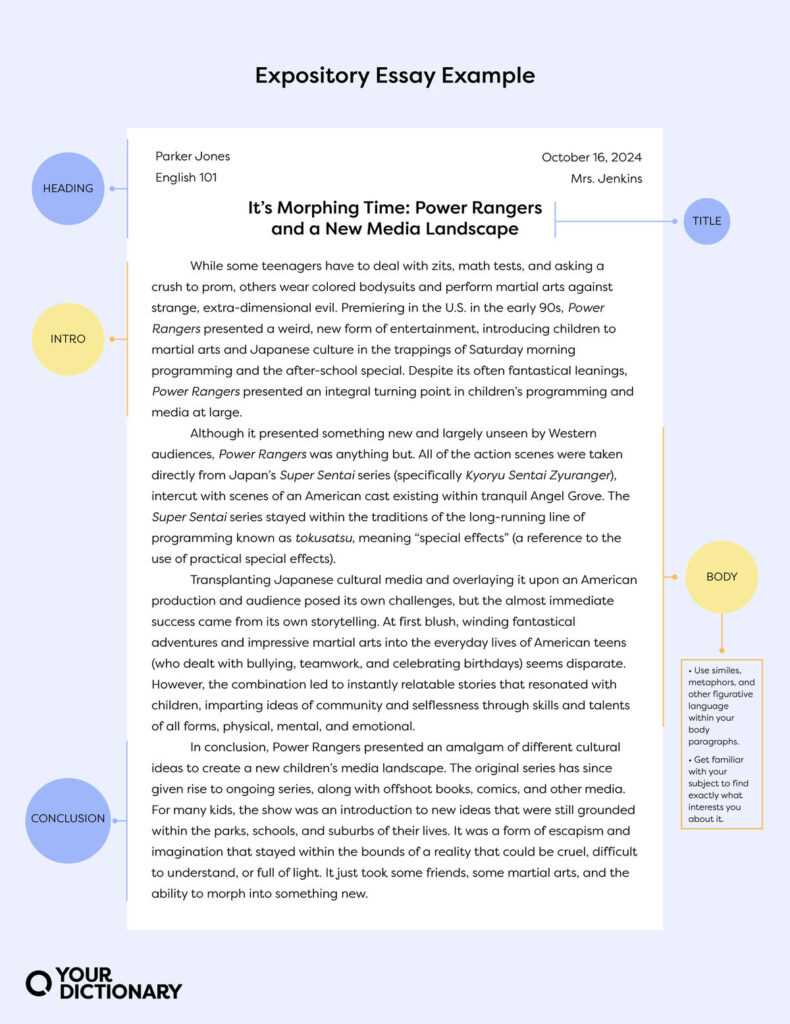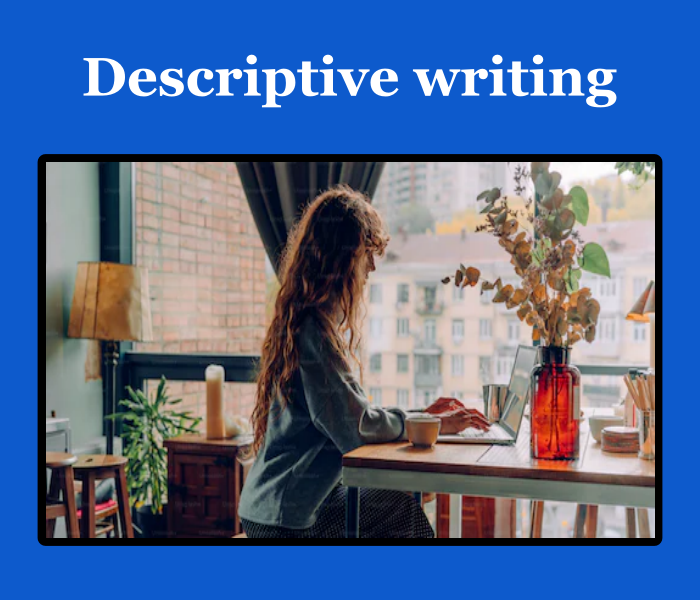1. What is an Expository Writing?
Expository writing is writing to explain. Expository writing seeks to inform, explain, clarify, define, or instruct.
Thank you for reading this post, don't forget to subscribe!• Explains a specific topic.
•Gives facts, reasons, explanations, or examples with supporting details about the topic.
•Should always include a main idea, logical reasons, sufficient supporting details, and a conclusion.

2. How is Expository Writing different from other types of writing?
•Expository writing does not tell a story.
•Expository writing does not persuade a reader but only gives facts and reasons.
•Expository writing is not a summary of the book.
•Expository writing is not a book review or a book report.
•Expository writing is not ONLY your opinion. You must base your ideas on evidence from the text.
3. Characteristics of expository writing
- Focus on the main topic
- Logical supporting facts
- Details, explanations, and examples
- Strong organization
- Clarity
- Unity and coherence
- Logical order
- Smooth transitions
4. Expository essay outline

5. Key terms
- Thesis Statement: The main idea of the whole essay
- Transition words: Words such as first, and second, as a result, which make transitions easy in the essay.
- Main Ideas: Each paragraph should have a main point or idea
- Supporting Details: Details support the main ideas
6. Transition words
•There are six categories of transition words:
–Spatial order. Words used in descriptive writing to signal spatial relationships, such as above, below, beside, nearby, beyond, inside, and outside.
–Time order. Words used in writing narratives, and instructions to signal chronological sequence, such as before, after, first, next, then, when, finally, while, as, during, earlier, later, and meanwhile.
–Numerical order. Words used in expository writing to signal order of importance, such as first, second, also, finally, in addition, equally important, and more or less important.
–Cause/effect order. Words used in expository writing to signal causal relationships, such as because, since, for, so, as a result, consequently, thus, and hence.
–Comparison/contrast order. Words used in expository writing to signal similarities and differences, such as (for similarities) also, additionally, just as, as if, as though, like, and similarly; and (for differences) but, yet, only, although, whereas, in contrast, conversely, however, on the other hand, rather, instead, despite, and nevertheless.
–General/specific order. Words used in descriptive reports and arguments to signal more specific elaboration on an idea, such for example, such as, like, namely, for instance, that is, in fact, in other words, and indeed.
7. Expository writing sample



